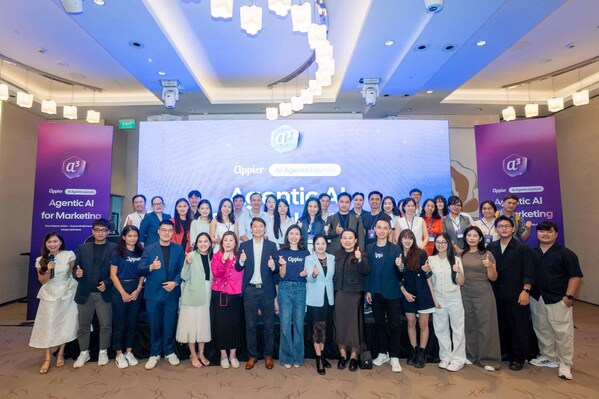 |
- Lunit's pioneering AI study to be unveiled at one of the premier computer vision conferences, innovating pathology with more accurate cell detection
SEOUL, South Korea, June 12, 2023 /PRNewswire/ -- Lunit (KRX:328130.KQ), a leading global provider of AI-powered cancer diagnostic solutions, today announced its participation in the Conference on Computer Vision and Pattern Recognition 2023 (CVPR 2023) to be held at the Vancouver Convention Center from June 18th to 22nd.
CVPR is renowned as one of the premier conferences in the field of computer vision and pattern recognition, boasting an impressive impact with an h-index of 470[1]. Lunit's presence at this prestigious event marks a significant milestone as it showcases its pioneering studies in computer vision technology for medical AI and pathology.
Lunit will present two full papers that highlight the company's commitment to revolutionizing cancer diagnostics and therapeutics through cutting-edge AI methodologies. The first paper introduces the novel OCELOT dataset, a breakthrough development containing overlapping cell and tissue annotations on histopathology images. By harnessing this dataset and employing a groundbreaking method, Lunit significantly enhances the accuracy of cell detection, taking a vital stride towards developing more precise and advanced AI systems.
In the second study, Lunit unveils the potential of self-supervised learning (SSL), an innovative approach that eliminates the need for experts to manually label cells in pathology images. By leveraging this technique, Lunit conducted the largest-ever study of its kind on pathology images, utilizing a staggering 33 million image patches that required no manual labeling. The results of this study demonstrate the efficacy of self-supervised learning and showcase Lunit's distinctive enhancements that further optimize its application in pathology.
"We are incredibly excited to participate in CVPR 2023 and share our groundbreaking research in computer vision for medical AI," said Brandon Suh, CEO of Lunit. "By leveraging our expertise and cutting-edge technologies, we are on a mission to revolutionize digital pathology, empowering clinicians with more accurate and efficient tools for improved patient outcomes."
Based on the newly released OCELOT dataset, Lunit is hosting the OCELOT 2023 Challenge at the 2023 Medical Image Computing and Computer Assisted Intervention (MICCAI 2023). The challenge aims to foster research of cell-tissue relationships to improve cell detection methodologies. For further information please visit https://ocelot2023.grand-challenge.org/
Lunit's paper at CVPR 2023
No. | Title | Type |
1 | OCELOT: Overlapped Cell on Tissue Dataset for Histopathology | Poster |
2 | Benchmarking Self-Supervised Learning on Diverse Pathology Datasets | Poster |
About Lunit
With AI, Lunit aims to 'conquer cancer,' one of the leading causes of death worldwide. Lunit is an AI software company devoted to developing AI solutions for precision diagnostics and therapeutics, to find the right diagnosis at the right cost, and the right treatment for the right patients. Lunit, a portmanteau of 'learning unit,' is a deep learning-based medical AI company devoted to developing advanced medical image analytics and data-driven imaging biomarkers via cutting-edge technology.
Founded in 2013, Lunit has been acknowledged around the world for its advanced, state-of-the-art technology and its application in medical images. Its technology has been recognized at international AI competitions surpassing top companies like Google, IBM, and Microsoft. As a medical AI company with a focus on clinical evidence, the company's findings are presented in major peer-reviewed journals such as the Journal of Clinical Oncology and JAMA Network Open, and global conferences including ASCO and AACR.
After receiving FDA clearance and the CE Mark, Lunit INSIGHT CXR and MMG are clinically used in approximately 2,000 hospitals and medical institutions across more than 40 countries. Lunit is headquartered in Seoul, South Korea with offices and representatives around the world.
[1] Scientific Journal Rankings: https://www.scimagojr.com/journalrank.php?order=h&ord=desc
 2 years ago
447
2 years ago
447 





 English (United States)
English (United States)